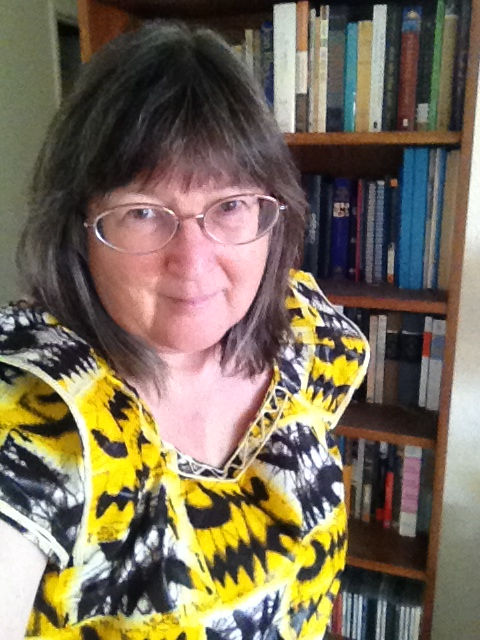International Human Solidarity Day
- megcarter
- Dec 20, 2014
- 2 min read
In 1624, more than 200 years before solidarity entered the English language, and nearly 150 years before French philosophers coined the word solidarité, an English poet described it.
No man is an Iland, intire of itselfe; every man is a peece of the Continent, a part of the maine; if a Clod bee washed away by the Sea, Europe is the lesse, as well as if a Promontorie were, as well as if a Manor of thy friends or of thine owne were; any mans death diminishes me, because I am involved in Mankinde; And therefore never send to know for whom the bell tolls; It tolls for thee.
From Meditation XVII – John Donne
I remember first reading this meditation at age 19, when solidarity seemed simple. Almost everyone in my rural Ohio college looked alike: well-educated, professional class, small-town, middle-American English-speakers, mainline Protestants, white and naïve.
I read Donne’s words again 5 years later, at graduate school in New York City. By then I’d traveled around Spain and Portugal, studied in England and worked in Senegal where, far from my like-minded friends, solidarity turned complex. At ChildFund, our projects range from Afghanistan to Zambia and solidarity challenges us.
Soussou, a language spoken in Guinea and Sierra Leone, has a phrase for solidarity. Wontanara means that the person speaking has become one with the person spoken to – they are together because they act as one.
Soussou is one of several languages with pronoun clusivity. If the person you’re speaking to is part of the action, you use the inclusive form, otherwise you use exclusive. Won is the inclusive ‘we’. Tan is a transition word used for emphasis. In English we might add ‘certainly’, ‘no doubt’ or ‘to be sure.’ Na means to be, when referring to essentials like nationality or occupation. Conjugated, it’s na a ra.
Wontanara is both greeting and farewell, used whenever circumstances threaten to divide Guinea, as Ebola does today. How are you? Wontanara. Until we meet again. Wontanara.
Hadja Awa Camara, my host mother in Dubréka (a town near Guinea’s capital, Conakry), is a widow. She received the title Hadja following her pilgrimage, or Hajj, to Mecca. Her given name, Awa, means love. In 2010, Hadja invited me into her home, along with her youngest daughter Bijou, and grandchildren Amadou, Lamine, Finda, Mariame, Sidibé and baby Awa.

Because I already have a local name from Senegal, I didn’t take Hadja’s family name. I’m Aïssatou Diallo, an ethnic Peulh. The Camara are Malinké, but in west Africa’s kinship network, the Diallo and Camara are cousins. So wherever I go, I have relatives.
That Halloween, I gave chocolate to Hadja’s grandchildren, explaining how Americans wear scary costumes to trick-or-treat. “Our holidays,” Hadja laughed, “are the same.” On the eve of Tamkharit, Guinea’s New Year, children wear masks and beg their neighbors for candy, crying “Salimafo!”
In my language, Pular, wontanara translates to ko en göto. The Malinké say an bè le. In Kissi, you could say either naa ni, or incho diom pilles. Ebola spilled over from an animal to humans in a Kissi village in Guinea and spread first to Kissi families in Sierra Leone and Liberia.
Wontanara, Guinea, Liberia and Sierra Leone.




























Comments